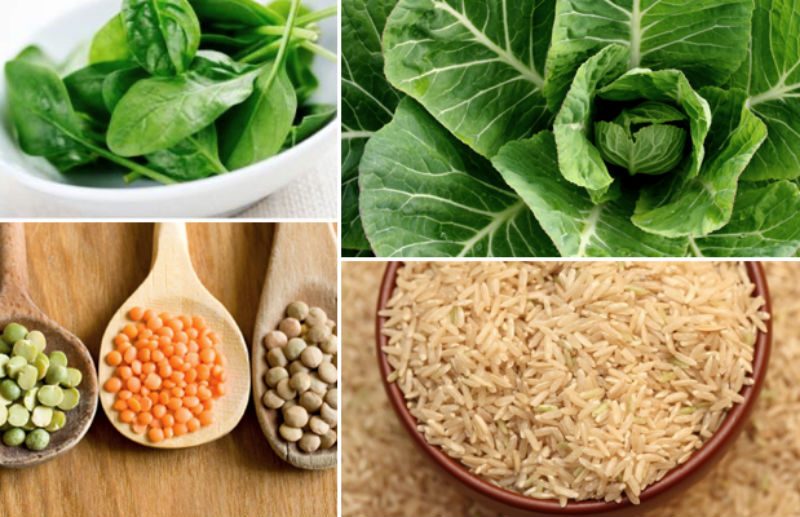 Arlene answers questions related to obesity, diabetes, and gastric bands.
Arlene answers questions related to obesity, diabetes, and gastric bands.
Is my obesity causing leg cramps?
Night leg cramps (or nocturnal cramps) are strong, painful contractions or tightening of a leg muscle that comes on suddenly during the night and can last from a few seconds to several minutes.
The cause of spontaneous leg cramps is not always known, although leg position while sleeping, dehydration, pregnancy, mineral imbalance, and overexercising of the muscle are all believed to be possible contributing factors. Some medications may affect potassium and other mineral levels in the body, resulting in muscle cramping. Peripheral artery disease can also cause leg cramping.
While there seems to be little scientific evidence to suggest that being overweight or obese is a direct cause of night leg cramps, it is possible that excess weight puts strain on leg muscles, particularly if you do a lot of standing during the day, causing a similar effect to overexercising. Being very overweight can also result in the legs being in an awkward position during sleep, predisposing them to cramp.
While most cases of night leg cramps are benign and simply annoying, if they occur frequently, speak to your GP. It is quite likely that steadily reducing excess body weight – including the consumption of adequate mineral-rich fruits and vegetables and ensuring adequate daily fluid intake – may resolve the problem for you, and of course, will have many other positive health benefits.
My daughter is 14 years old. How much weight should she lose per week? We are both going to the gym and trying to eat healthily.
It is a great step to be encouraging your daughter to eat well and exercise. I think the focus with an adolescent should be a healthy lifestyle, not weight loss, as this can lead to eating disorders and an obsession with weight. Her weight will drop as she eats the correct foods in the correct portions. Encourage her to remove processed food from her diet and to sit down and eat meals. An hour of exercise will ensure her fitness level improves – and you can vary this from classes to walks to running or swimming. It is important that she enjoys her exercise so that it becomes part of a permanent lifestyle.
If you are not sure how much or what food to give your daughter you should make an appointment with an accredited practising dietitian.
Can I get diabetes from eating too much sugar? I am very slim and fit (exercise regularly) but I have a huge sweet tooth and eat dessert twice a day. Can I get diabetes this way?
There is no evidence that eating too much sugar can give you diabetes. If you are overweight, you are at risk of getting Type 2 diabetes, but as you are slim and fit, this is not the case for you. However: a high sugar diet is loaded with empty calories, denying you the nutrients you would get from more wholesome foods. Sugar is addictive – the more you eat the more you crave. So, I suggest that you cut out all the sugar and replace it with sweet foods that satisfy your sweet tooth but that also have nutrient value. Some examples include dates, dried figs, mangoes, and yoghurt.
Basically, you should limit your intake of foods and drinks containing added sugars. A balanced, healthy diet involves eating a wide variety of nutritious foods, in the right amounts, while occasionally being able to enjoy small amounts of ‘discretionary choices.’ It is about taking a balanced approach that is sustainable over the long term. You admit to eating too much sugar, so you should make a concerted effort to reduce the amount you are consuming.
The Dietetic Association encourages you to eat more healthily and to limit foods that contain added sugar with little nutritional value (such as confectionery, sugar-sweetened soft drinks, fruit drinks, energy and sports drinks). You should be trying to develop better lifestyle eating patterns.
The 3 F’s are risk factors for Type 2 diabetes:
– Family History
– Over Forty
– Being Fat (Overweight)
You can lose weight, but the other two are out of your control, unfortunately.
 Can glandular fever affect weight? I had glandular fever 2 years ago and since then have put on approximately 7kg and cannot seem to shift it, no matter what I do. I lose 1kg, then put it back in as soon as I eat anything remotely bad.
Can glandular fever affect weight? I had glandular fever 2 years ago and since then have put on approximately 7kg and cannot seem to shift it, no matter what I do. I lose 1kg, then put it back in as soon as I eat anything remotely bad.
Yes, it can be more difficult to lose weight after you have had glandular fever. Glandular fever lowers your immune system. It results in you feeling tired and lethargic. Because you have done no exercise for two years, you have probably lost some of your lean body tissue (muscle), which has resulted in your metabolic rate slowing down. You have to be patient. Start exercising daily and increase the intensity as your strength improves. Be aware of your food intake and watch your portion sizes. If you gained 7kg, you were probably eating more than your body needed, so you will have to reduce your intake. Make all your food choices nutritious so your body is benefiting from what you are eating. Be patient – as you get stronger and exercise more, your weight will start to fall off. You have to keep a positive attitude! Get support from an Accredited Practising Dietitian who can help you in this journey.
I have a gastric band. Why do I bring up mucous regularly? I have had a gastric band for 2 years. I find I regularly bring up stomach juices or mucous when I try to eat something. How can I stop this from happening?
An unfortunate a common side effect of gastric banding is the regurgitation of saliva when a minor blockage occurs. The saliva may be quite thick and frothy, but that’s all it is. When this occurs, it is the result of a narrowing of the exit from the small top stomach that has been there for several hours.
Sometimes a few fibres of the previous meal sit around the area of the band creating a sieve-like effect. You are swallowing saliva every minute of the day. The thin liquid part of the saliva moves through the sieve and into the bottom pouch of the stomach, but the thicker, mucousy part of the saliva doesn’t get through, so it builds up in that top pouch.
Hours later you might eat something as safe as some yoghurt, but when it arrives in the saliva filled top stomach pouch, the chances are it’s all going to come up.
This means that regurgitation often has nothing to do with what you just ate but comes from the previous meal.
The way to avoid this is to ensure that you can drink freely before each meal. Sip a glass of water first to try and water down any saliva and get it through to the bottom pouch. Then, drink a glass quickly. This will ensure that any blockage either gets washed down or bounces back up. It’s a good strategy to carry a bottle of water with you and go to the bathroom if you’re prone to problems.
Once you can drink freely, you should be able to eat freely, but you still need to pay attention to all the other eating behaviours required to get the best tolerance with a band. They are:
1. Position: Sit upright. Slumping creates upward pressure, which can make it difficult for food to move smoothly into your small stomach.
2. Drink. As above
3. Chop your food well. It should be small enough to fit through a hole the size of a 5c piece.
4. Take small bites. This is to ensure that there is enough space for air to move up your oesophagus as food travels down. If you attempt to swallow too much food in one go, you may find it feels as though it is getting stuck partway down. This is because there is air caught underneath the food which can’t get past. In milder cases, this can result in excessive burping.
5. Notice the taste, texture, temperature and aroma of the food.
6. Chew your food well. This is no substitute for chopping, however.
7. Relax! Tension creates upward pressure, which can make it more difficult for food to go down.
8. Slow yourself right down, and enjoy.

